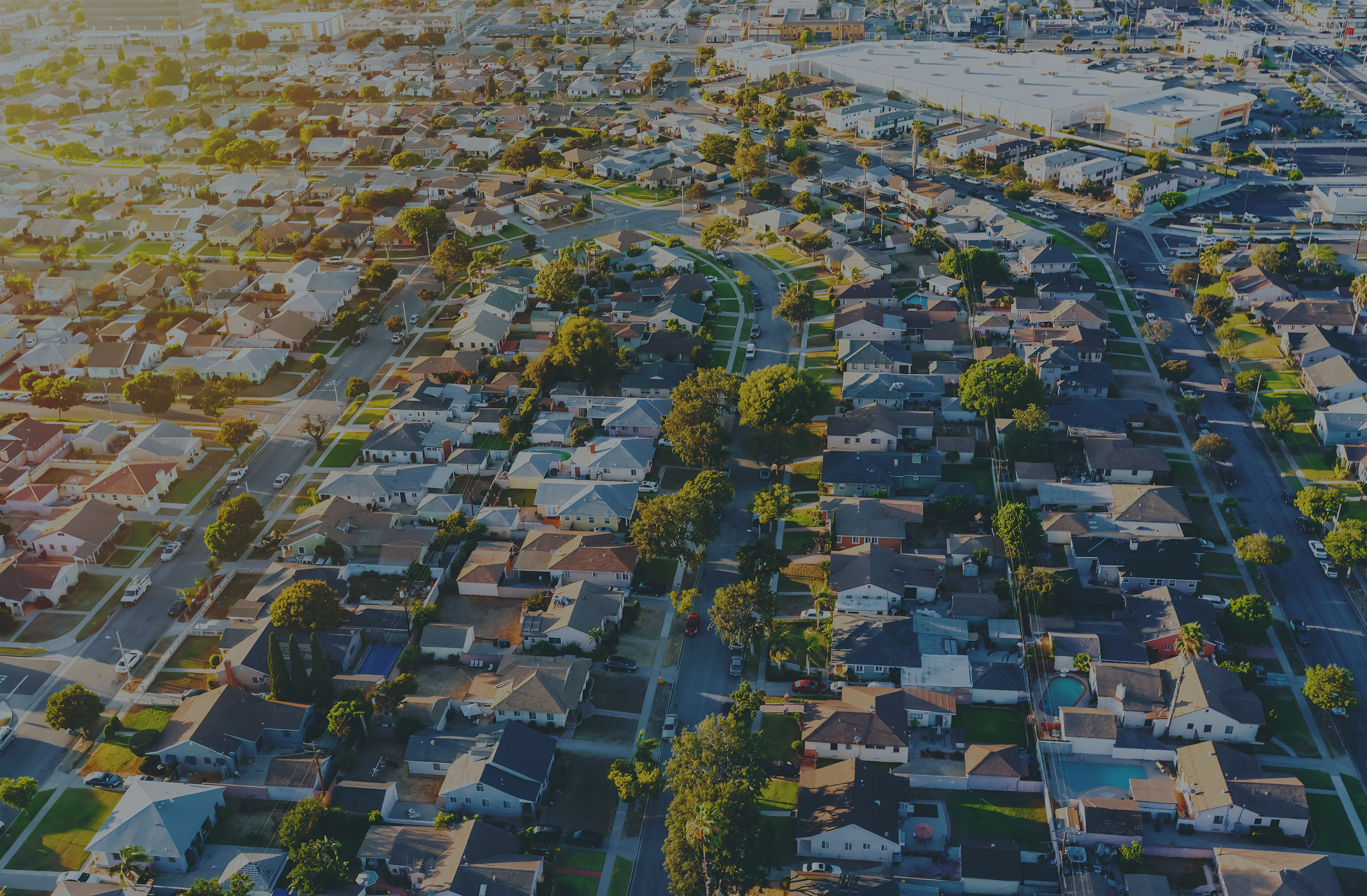HIDDEN COSTS OF HOME BUYING
Buying a house is an exciting process. Once you’ve been pre-approved for a loan, the hunt begins — open houses, tours, and lots of coffee dates with your agent.
When your offer has been accepted, it feels like everything is coming together. But if you haven’t planned for some of the unexpected costs associated with buying a home, you may be hit with an unpleasant surprise as soon as escrow begins. Keep an eye out for these 6 hidden costs of home buying and go into your house hunt fully prepared.
1- Closing Costs
If you’ve never heard of closing costs, this expense may come as quite a shock during the home buying process. Closing costs are the fees associated with any real estate transaction, such as a title search, title taxes, lender costs, recording, and tax transfer. While the exact amount you’ll pay varies based on the location, closing costs tend to average between 2 and 5 percent of the purchase price. Many buyers are focused on saving for the down payment and often overlook the thousands — sometimes tens of thousands — of additional dollars needed for closing costs.
2- Inspections
Inspections are a crucial aspect of the buying process. Home inspectors thoroughly check your home for any current or potential problems, from faulty wiring to a busted AC unit to wood rot. A typical inspector will cost around $300, but this price can vary based on your location and the size of your home. This is one area where you don’t want to skimp; choose an inspector you trust who will be upfront with you about the condition of your home. The cost will be well worth it in the end.
3- Property Taxes
These biannual taxes are generally factored into your budget when searching for a property, but there are popular home-buying websites out there that don’t include them in the total cost. Property taxes will run you anywhere from 1%-2% of the home’s value — generally speaking, you should have a minimum of several thousand dollars budgeted each year for this expense. And the more expensive your property, the more you’ll need to hand over to the state every November and February.
4- Insurance
If you’re already paying for renter’s insurance, you probably expected to make the jump to homeowner’s insurance. But what you might not have anticipated is additional insurance for hazards or private mortgage insurance. Depending on where your home is located — a flood plane, a fire zone, etc. — you could be looking at additional coverage. And if you’re a first time home buyer not quite ready to put down 20%, private mortgage insurance, also known as PMI, is just one more cost you need to factor into your monthly living expenses.
5- Maintenance and Repair
If you’re a long-time renter, this cost can be a little mind-boggling. You are your own landlord when you own a home, which means that the cost of maintenance and repairs falls on you. Everything from a fixing broken window to the gut job of a slab leak comes from your bank account, and it’s important to plan for this when buying. Rather than draining your savings for a down payment, make sure to leave a comfortable cushion to help with any unexpected home maintenance that comes your way.
A bigger place means bigger bills — after all, you have more square footage to illuminate, cool, heat, and run hot water to. Expect to pay about 25% more for each of your bills in order to avoid any unpleasant surprises. And if you’re already dreaming up ways to save money on your utilities, consider looking into solar panels or time-of-use plans with your electric company.
Buying a home is stressful enough on its own, so don’t let these hidden costs sneak up on you. If you plan accordingly, you can budget for both planned and unexpected fees well in advance.
We create a home buying journey that’s easy to understand and enjoyable from the get go.
Contact Beachview Realty to get started.
Share this post


